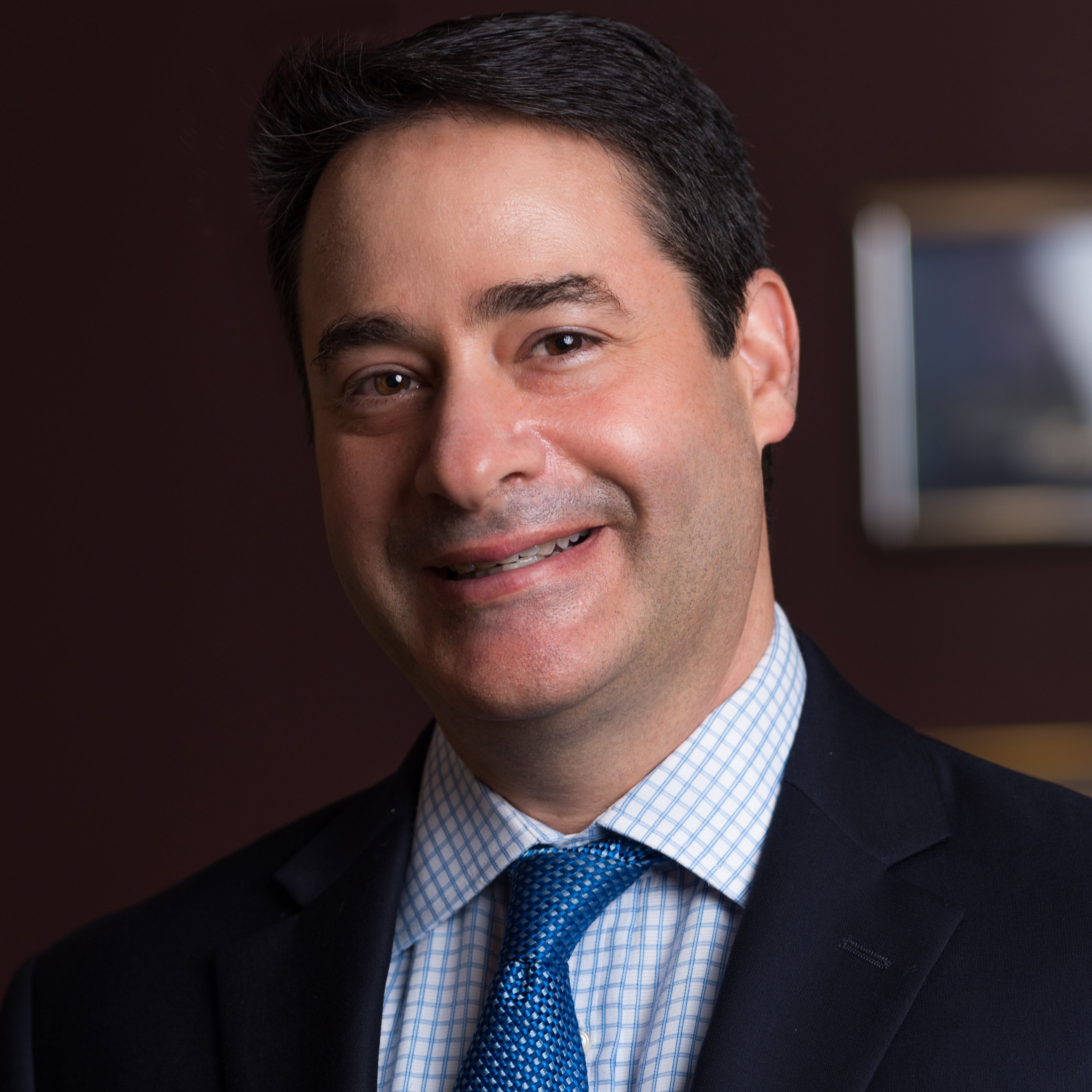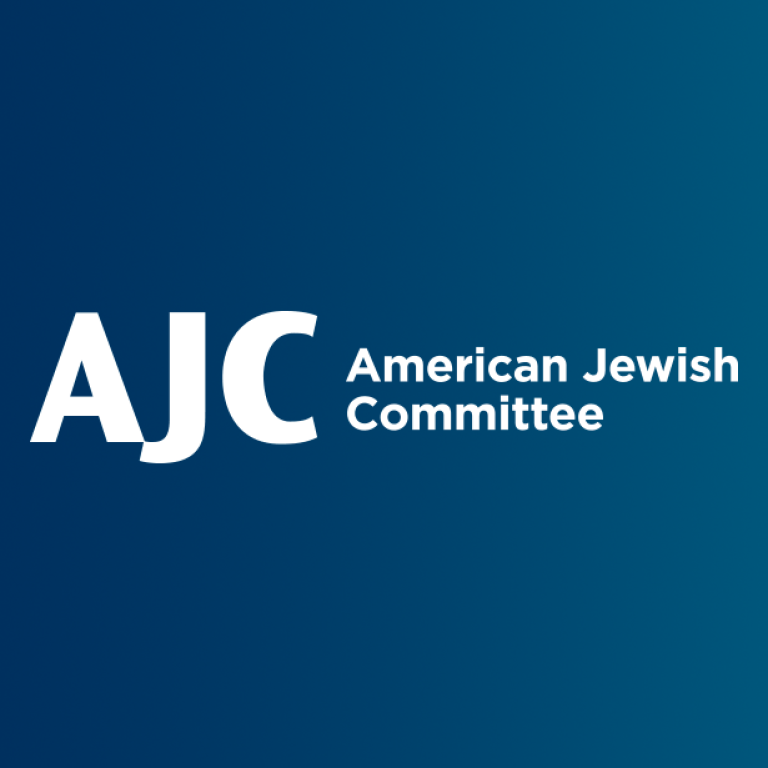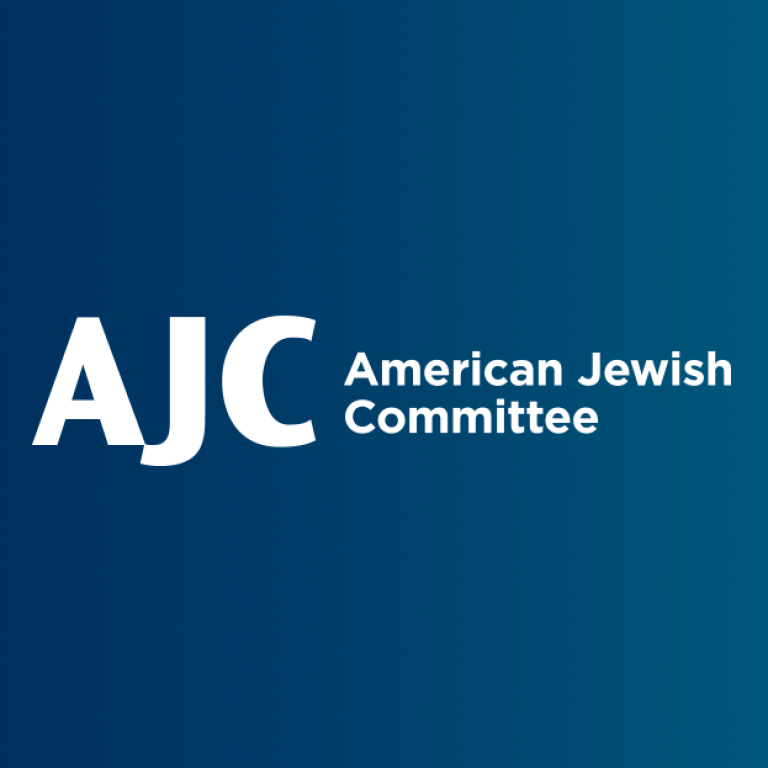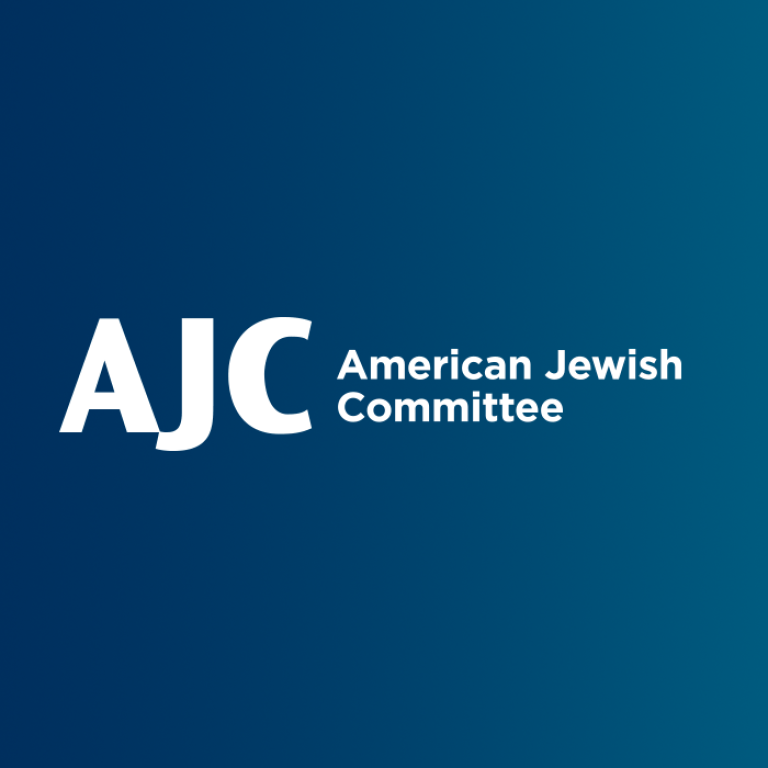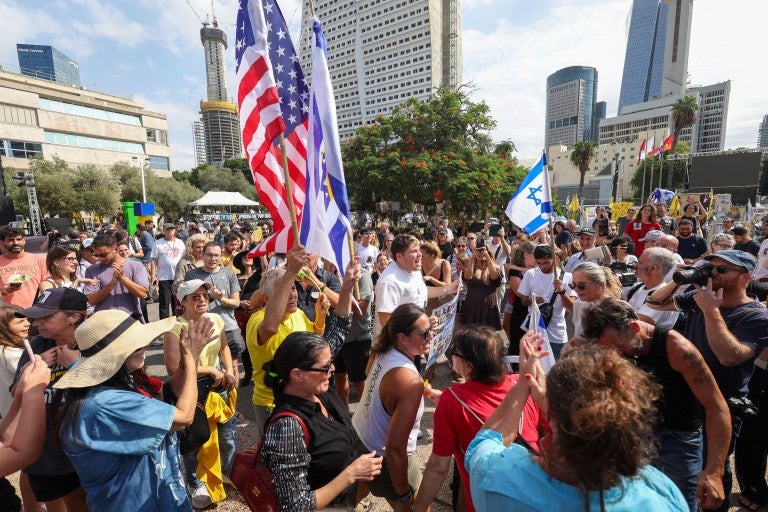October 5, 2025 — Miami
The following column appeared in the Miami Herald.
About a year ago, I met Rotem Sharabi, the niece of Yossi and Eli Sharabi — brothers who were abducted from Kibbutz Be’eri when Hamas terrorists attacked Israel on Oct. 7, 2023. Yossi was murdered in captivity, and his body is still held in Gaza.
Though his wife and three daughters survived the horrors of Oct. 7, they cannot truly move on or rebuild their lives while Yossi’s fate remains unresolved. Eli was released on Feb. 8, 491 days after his kidnapping.
But he received unbearable news when he returned home to Israel: his wife and two teenage daughters were among the 1,200 murdered on Oct. 7. He regained his freedom but lost his family forever. Before Oct. 7, the Sharabis were just like any of us, families living their lives with love and purpose.
Today, they — and the families of the other remaining hostages — are caught in a nightmare that plays on an endless loop. I have met many of these families, looked into their forlorn eyes, shaken their hands and sat with them in meetings with members of Congress and diplomats.
You don’t forget those conversations. Instead, you carry them with you.
I recently heard Shalev Biton’s story. He survived the massacre at the Nova music festival, where some 360 people were slaughtered and others taken hostage the morning of Oct. 7. He was saved by Yunis Alkarnawi, a Bedouin Israeli who has been credited with saving the lives of eight festivalgoers and 24 Thai workers on a farm he managed.
It was a powerful and inspiring story of hope. The stories haunt us not just because of their brutality but because they continue. Families still wait. So do the hostages. As a father, I try and fail to place myself in their shoes.
None of us can truly imagine the agony these families have endured for the last two years. But I can speak to how deeply personal this has become for me and for my colleagues at the American Jewish Committee.
Since the Oct. 7 attacks, we have worked to amplify the voices of hostage families, arranging hundreds of meetings across the U.S. and around the world. We have sat with them in Washington, New York, Brussels, Geneva and Jerusalem. These families are part of our extended family.
What makes the situation even more unbearable is what we know about the conditions in which these hostages are being held. Starved. Tortured. Denied medical care. Stripped of their dignity.
The images of Eyvatar David, published by his captors showing him emaciated and broken, will forever be seared into our collective conscience. In a video released by Hamas in August, he states that he has not eaten in days and is seen digging what he says will be his grave. This is a race against time.
From Day One, we have chanted “bring them home” and “let my people go.” Many have made it home, dead and alive. But 48 remain, 20 of them still believed to be living, entering their third year in captivity.
This is not just a Jewish or Israeli issue. Indeed, a considerable number of those murdered or kidnapped on Oct. 7 were neither Jewish nor Israeli. Getting every hostage out is a human issue. These are musicians, farmers, students — people who were abducted by genocidal terrorists simply for being who they are, living where they did or for spending a night joyfully dancing in the desert.
Two years has turned into an eternity. But the urgency must not fade. These families cannot be left to bear this burden alone.
We must keep saying it loudly and relentlessly: Bring them home. Now.

